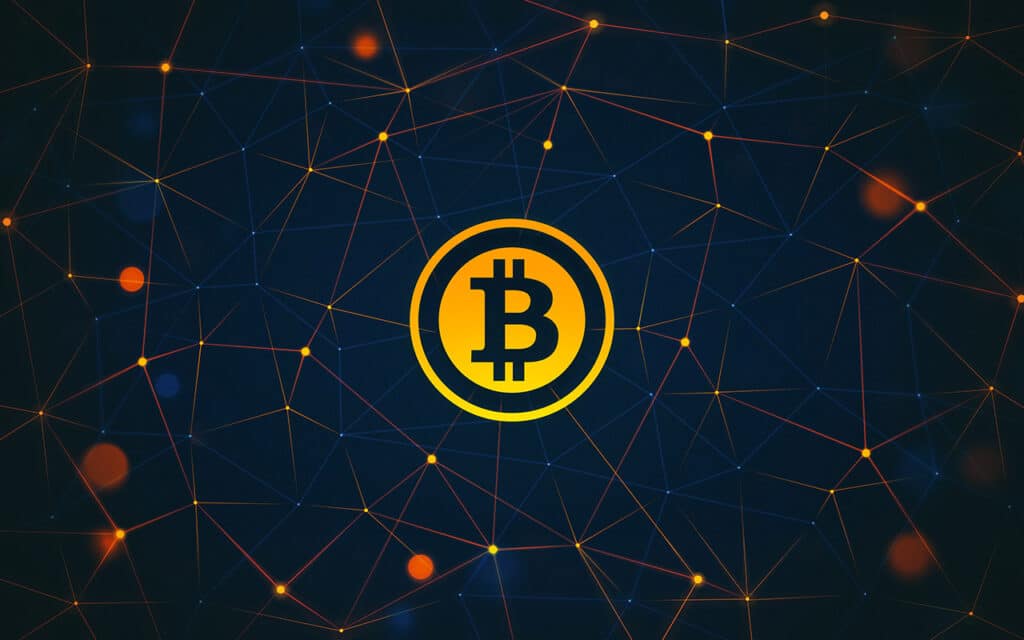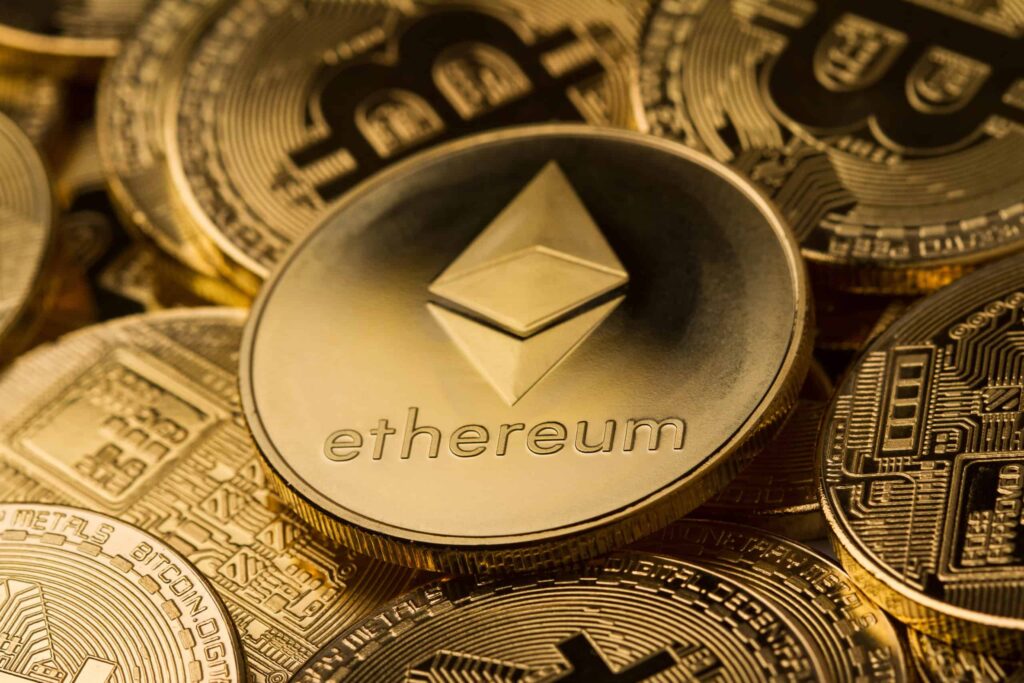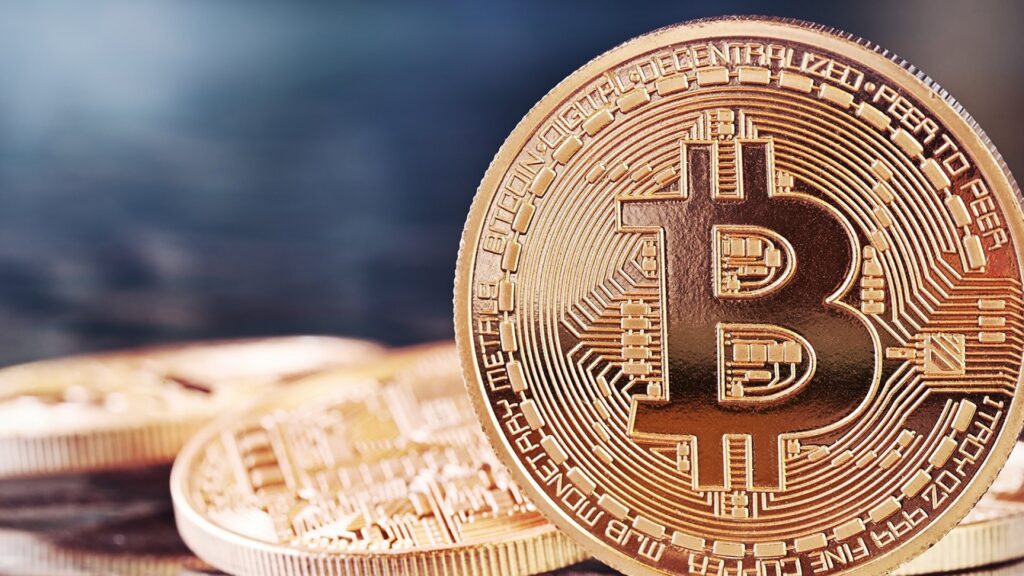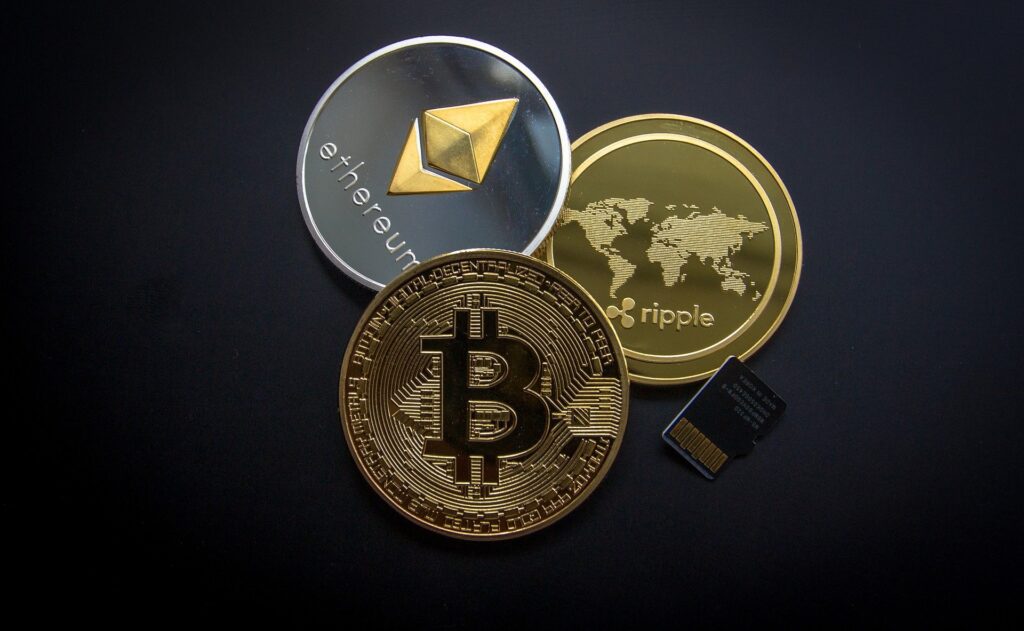If you’ve been interested in cryptocurrency for any time, you may have some questions. The crypto industry’s rapid growth has attracted several new investors. Still, many of these investors need to learn more about the different coins and may have yet to hear of the most popular ones. Learning about crypto is not the most entertaining task, but it’s essential if you invest in the cryptocurrency industry’s future.
Ether
Ethereum is a cryptocurrency that is used to create decentralized applications. It hosts more than three-quarters of ICOs. Many ICOs take place on the Ethereum platform. Ethereum has been a significant driving force in the crypto world. It is the only cryptocurrency capable of driving the market apart from Bitcoin. It has several notable characteristics that set it apart from other cryptocurrencies.
The currency has an impressive track record of institutional and retail adoption. It is also available on leading crypto exchange. However, one thing to remember is that investing in cryptocurrencies is highly volatile and carries a high risk of losing money.
Ethereum is currently the second-largest digital currency in the world. It is also a pioneer in developing smart contracts and the Solidity code language used to run them. As such, it has spurred significant developments in the blockchain transaction industry. Ethereum is not only a cryptocurrency – it’s a platform and programming language. It allows users to create complex, decentralized applications.
Besides being a cryptocurrency, Ethereum is proof of the internet’s power. It was created in 2013 through crowdsourcing and was first publicly traded in 2015. Vitalik Buterin, a budding programmer, began working on it in 2013. Several years later, it became a publicly traded currency.
Bitcoin
Although it’s still a mystery to many, cryptocurrency is becoming more mainstream daily. What started as a fringe technology used by tech enthusiasts is now one of the hottest commodities in the financial markets around the world. Although there are many myths and legends surrounding technology, there are some interesting facts about it. Here are six of the most intriguing facts about cryptocurrency.
Bitcoin is the most popular cryptocurrency. Its price has increased by more than five hundredfold in the last decade. In December 2018, the market capitalization of all cryptocurrencies was about $100 billion, more than the combined GDP of 127 countries. According to coinmarketcap.com, there are as many as 2141 cryptocurrencies in the market today. Bitcoin alone commands more than half of the market. Ethereum, the second most popular cryptocurrency, has a market cap of $17.1 billion.
The rapid growth of the crypto industry has led to a vast influx of new investors. However, many newcomers need to learn more about the subject. Most of them have heard of the top 10 coins but have yet to take the time to read up on the history of cryptocurrency. As the industry continues to grow, many new coins will pop up, and most will be worth little. The people who can spot the diamond in the rough will make fortunes.
The value of cryptocurrency depends on external factors, and it can fluctuate wildly. Because it doesn’t have a central exchange, the price can go up or down dramatically, and no centralized authority can control it. It makes cryptocurrency a highly volatile investment, but it can be lucrative for the average person.
Ripple
Ripple (XRP) is a blockchain explicitly created for financial institutions. Specifically, it is used to settle foreign exchange transactions and is designed to make those transactions cheaper and more secure. Although many people have criticized the company’s centralized nature, the blockchain is a potentially important tool for financial institutions looking to streamline the way they transfer money.
Ripple’s XRP coin is not a payment currency but a fast, low-cost intermediary in cross-border transactions. In addition, Ripple’s XRP coin cannot be mined, so there is no way to create new ripples. Instead, the Ripple coins are calculated before they are released into circulation.
One of the most impressive features of Ripple is the speed of transactions. Unlike traditional payment systems, ripple transactions can take four seconds or less. It means that people can send money to anyone, regardless of location. It is significantly faster than other payment systems, which can take three or five days to process a transaction. Ripple is also a decentralized payment system that relies on thousands of computers around the globe to maintain a secure network. As such, no single point of failure exists, and any company doesn’t back it.












